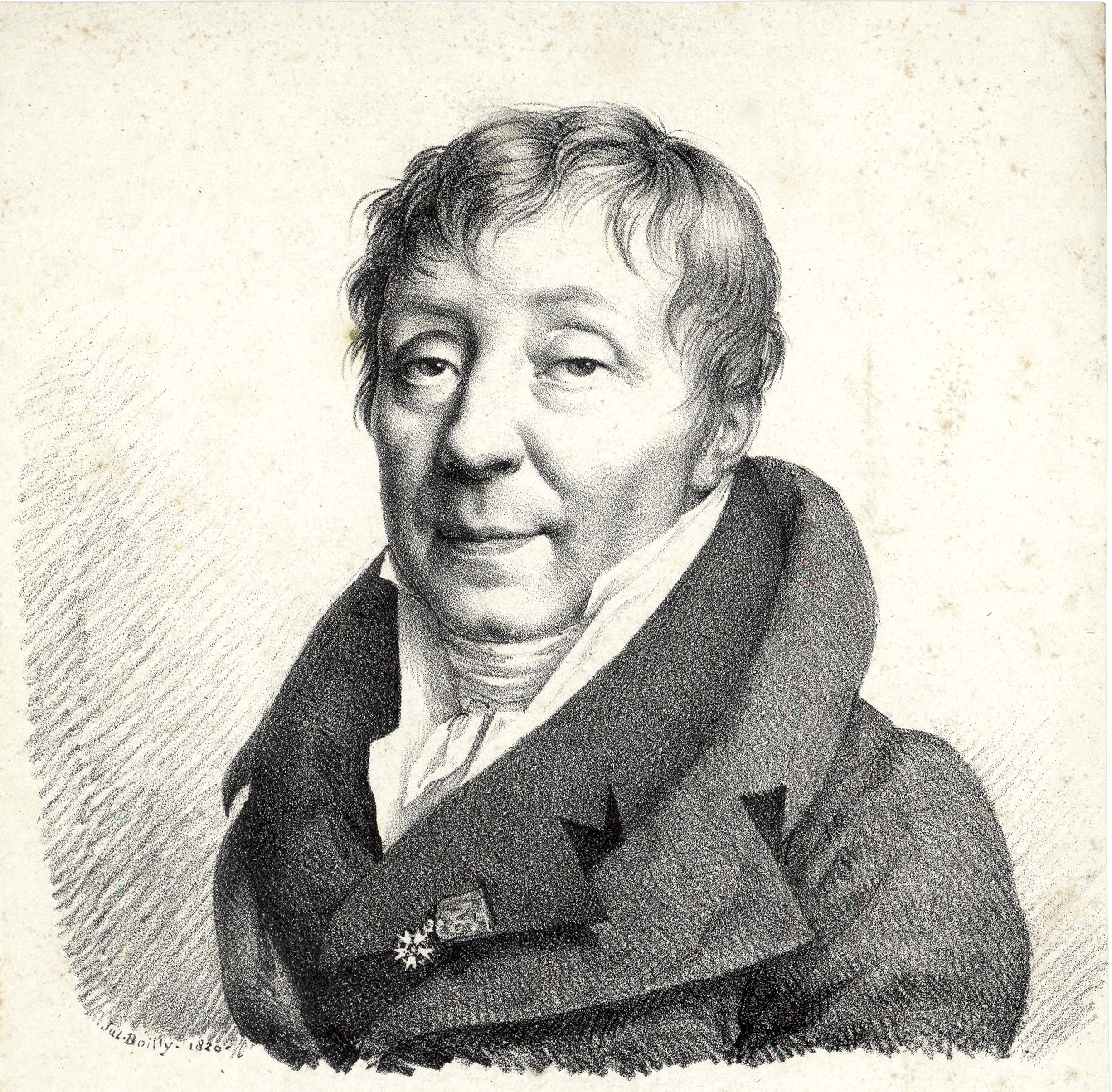“Questi disgraziati re, che fanno tanto male, hanno talora del buono.”
da Le meunier de Sans-Souci, 7-8; citato in Giuseppe Fumagalli, Chi l'ha detto?, Hoepli, 1921, p. 459
François Guillaume Jean Stanislas Andrieux è stato un avvocato, poeta e drammaturgo francese.

“Questi disgraziati re, che fanno tanto male, hanno talora del buono.”
da Le meunier de Sans-Souci, 7-8; citato in Giuseppe Fumagalli, Chi l'ha detto?, Hoepli, 1921, p. 459
“Sono scherzi da principi: si rispetta un mulino, si ruba una provincia.”
da Le meunier de Sans-Souci; citato in Giuseppe Fumagalli, Chi l'ha detto?, Hoepli, 1921, p. 184
Ce sont là jeux de prince: | On respecte un moulin, on vole une province!
“To die in Paris costs a pretty penny.”
Il en coûte bien cher pour mourir à Paris.
Les Etourdis, Act I., Sc. II. — (Daiglemoni).
Translation reported in Harbottle's Dictionary of quotations French and Italian (1904), p. 56.
“These wretched kings,
Of whom all men speak ill, have oft some good in them.”
Ces malheureux rois,
Dont on dit tant de mal, ont du bon quelquefois.
Le Meunier de Sans-Souci. (Ed. 1818, Vol. III., p. 205).
Translation reported in Harbottle's Dictionary of quotations French and Italian (1904), p. 26.
“Suppose we had no judges in Berlin.”
Si nous n’avions pas des juges à Berlin.
Le Meunier de Sans Souci. (Ed. 1818. Vol. III., p. 208).
Translation reported in Harbottle's Dictionary of quotations French and Italian (1904), p. 210.
“Princes' sports are these:
A mill they'll spare: a province they will seize.”
Ce sont là jeux de prince:
On respecte un moulin: on vole une province.
Le Meunier de Sans-Souci. (Ed. 1818, Vol. III., p. 208).
Translation reported in Harbottle's Dictionary of quotations French and Italian (1904), p. 24.
“Le Doyen de Badajoz. (Ed. 1818, Vol. III., p. 266).”
When he wills, the devil does all things well.
Translation reported in Harbottle's Dictionary of quotations French and Italian (1904), p. 185.
“When he wills, the devil does all things well.”
Quand il veut, le diable fait tout bien.
Le Doyen de Badajoz. (Ed. 1818, Vol. III., p. 266).
Translation reported in Harbottle's Dictionary of quotations French and Italian (1904), p. 185.